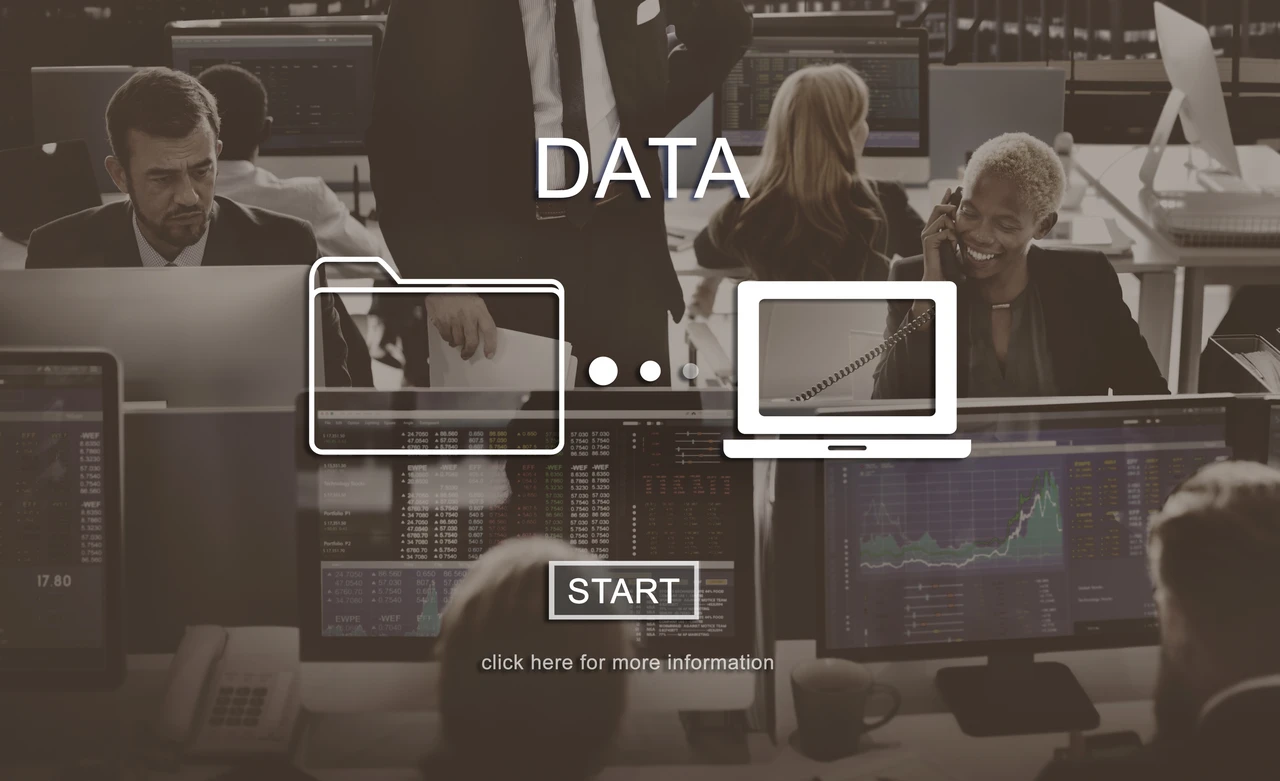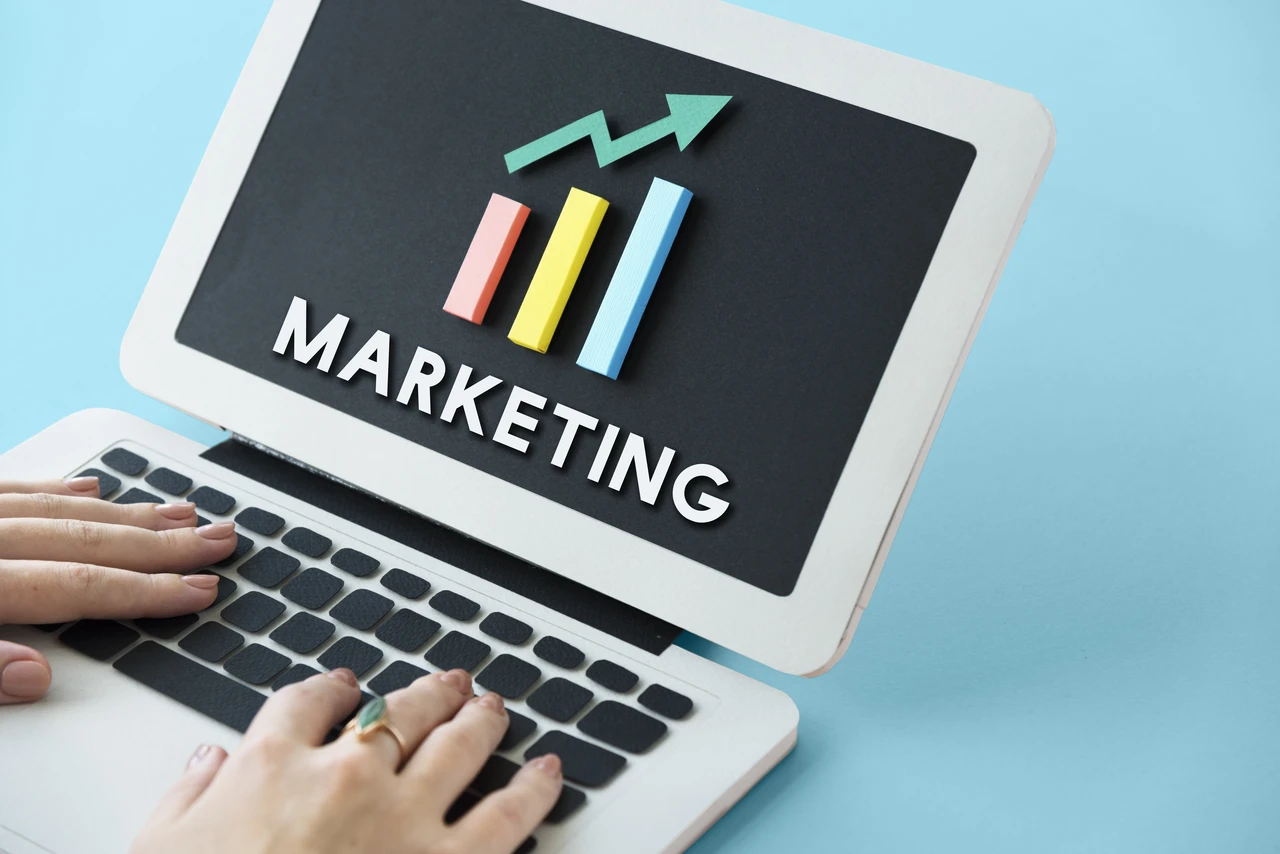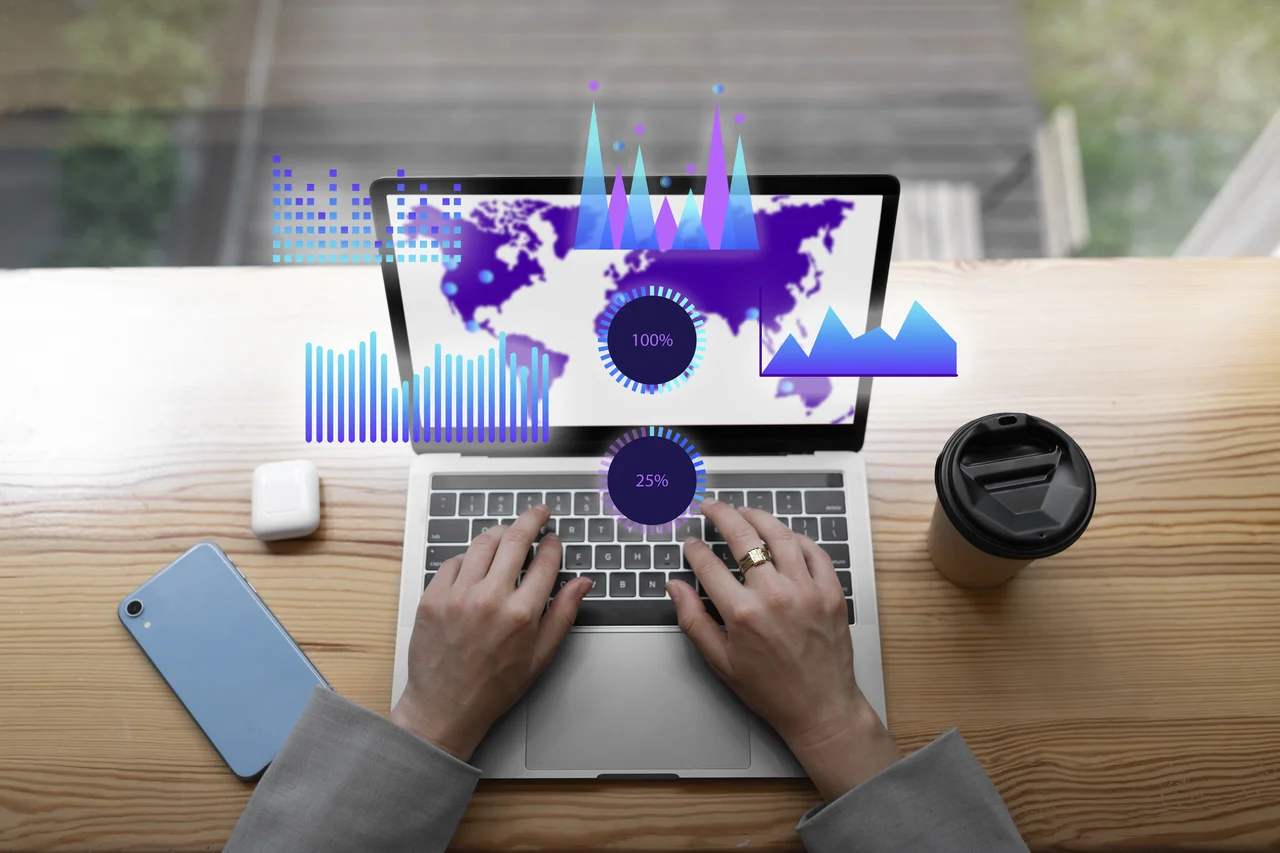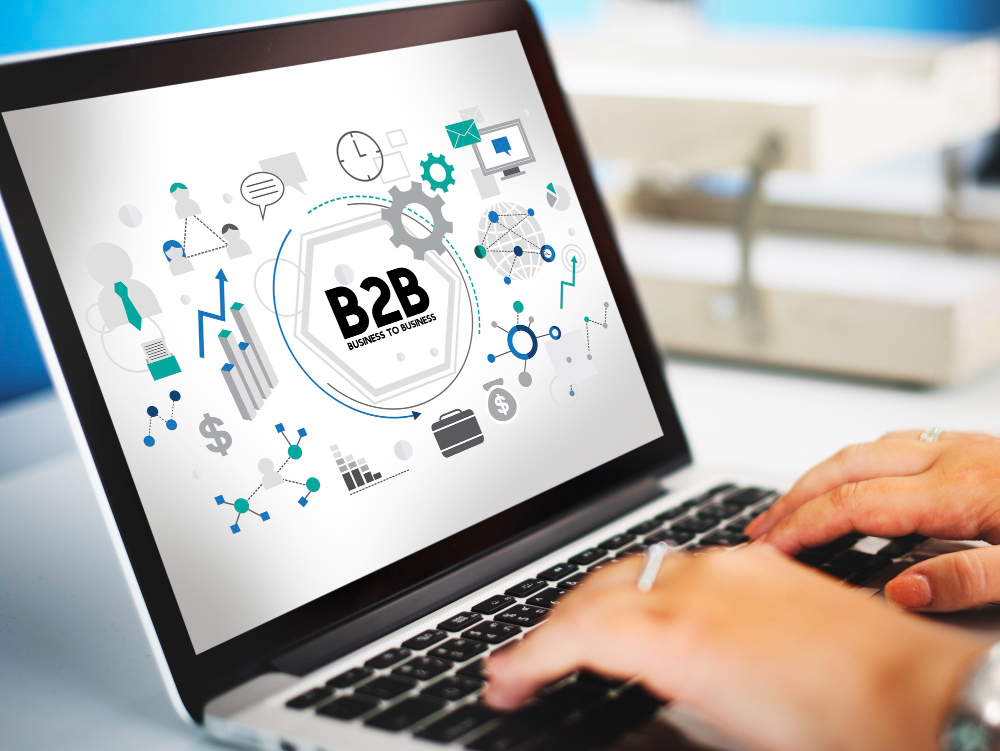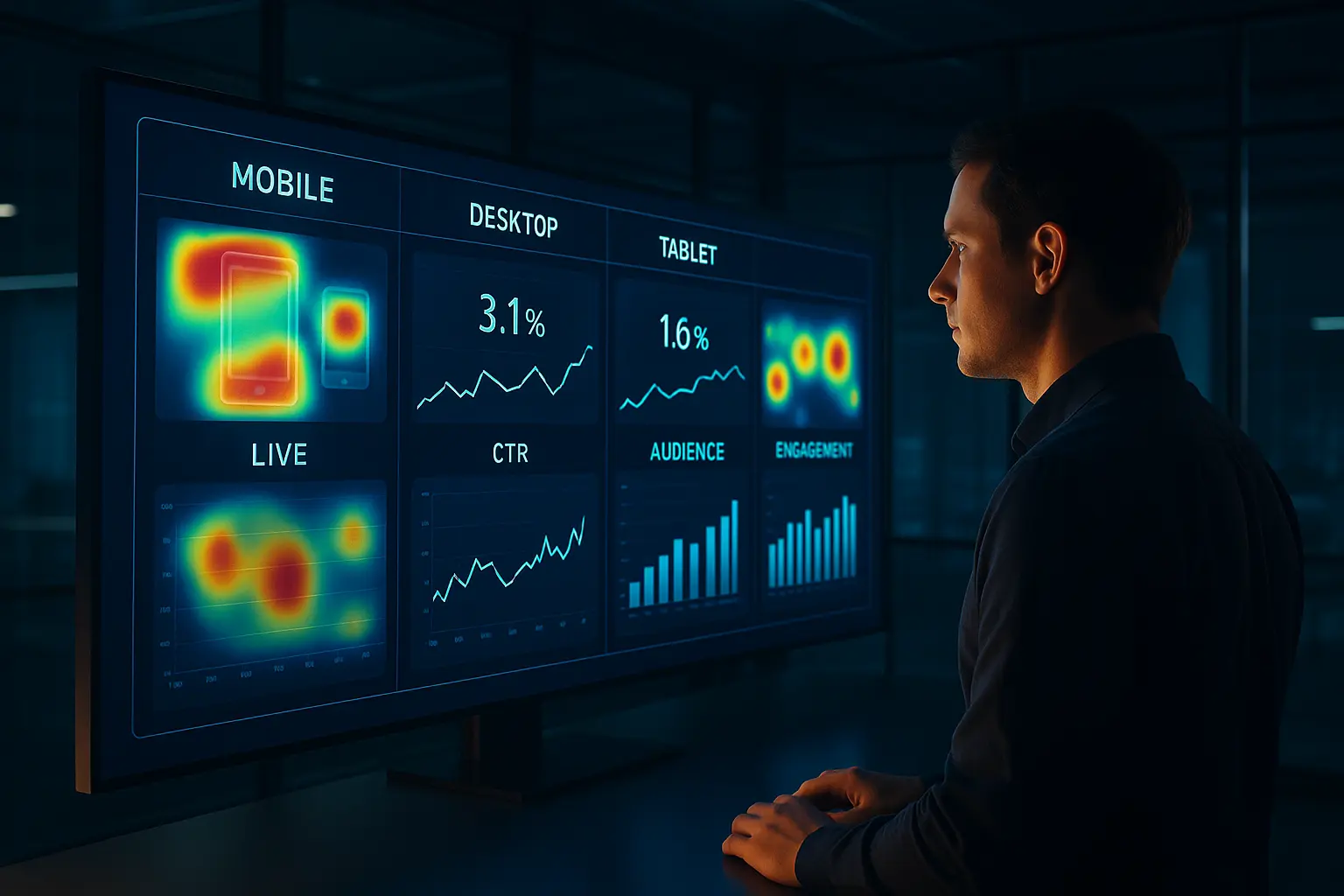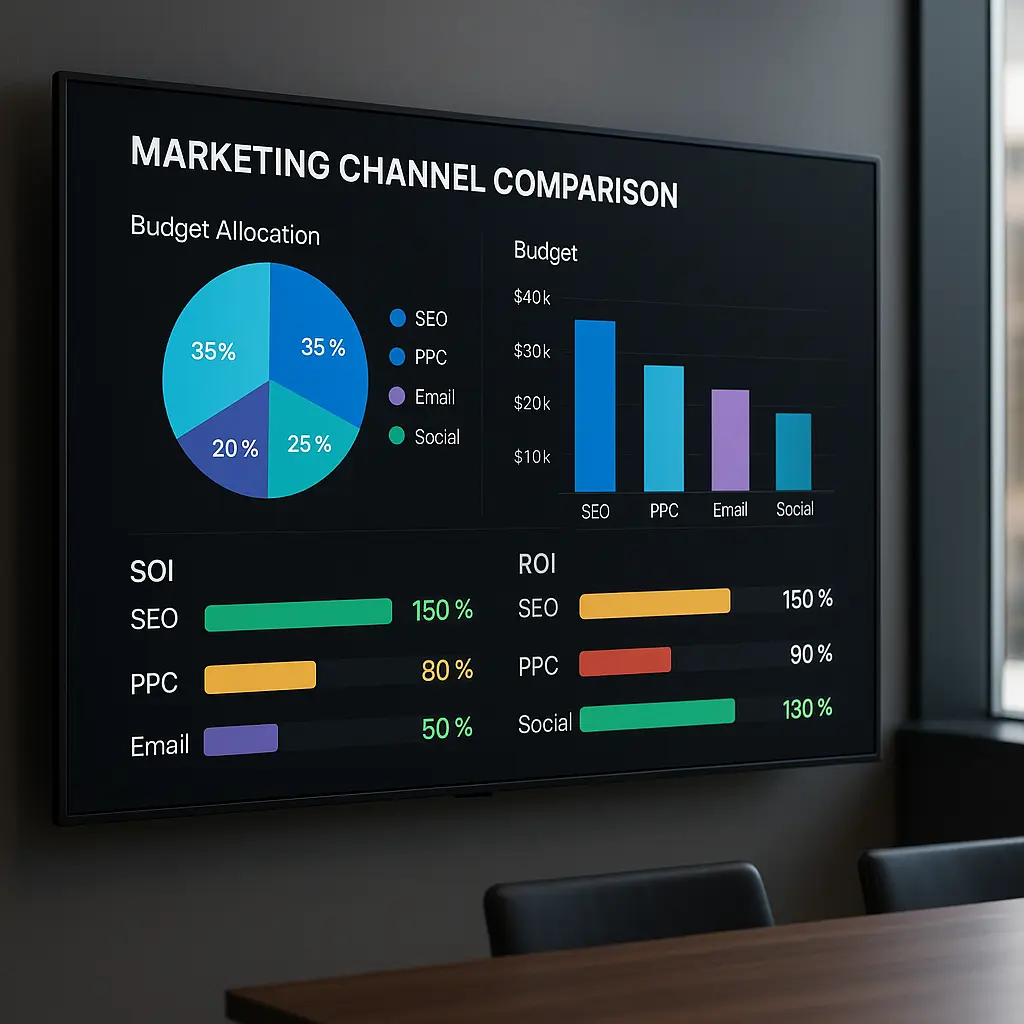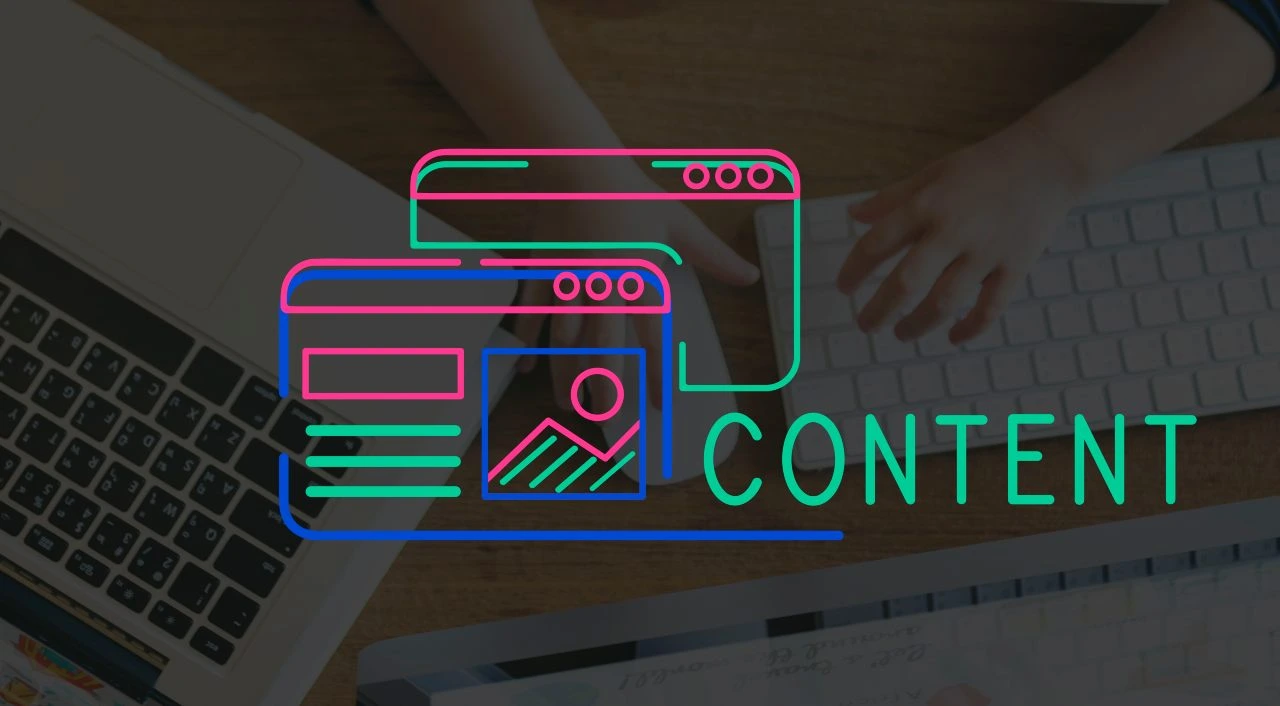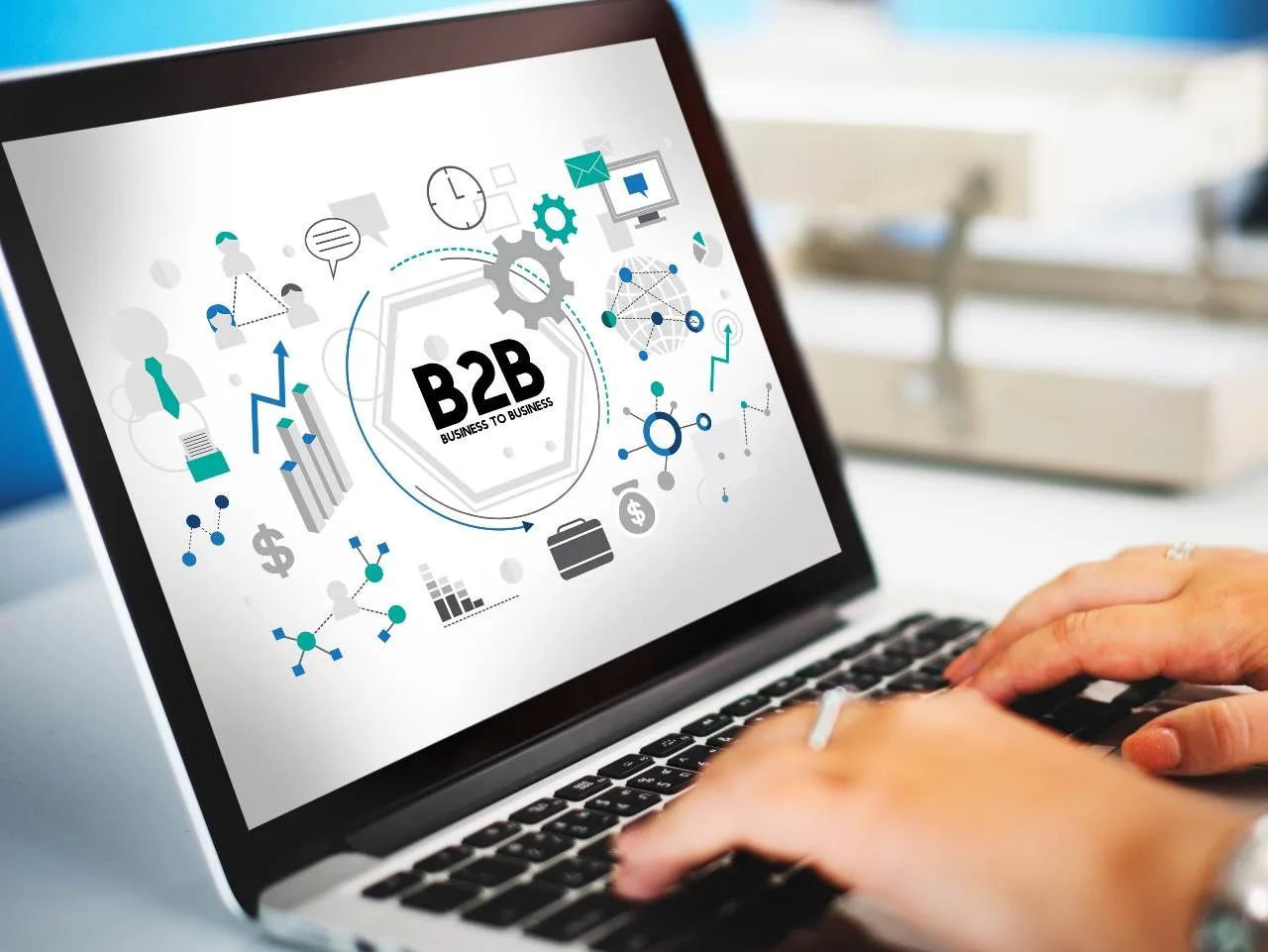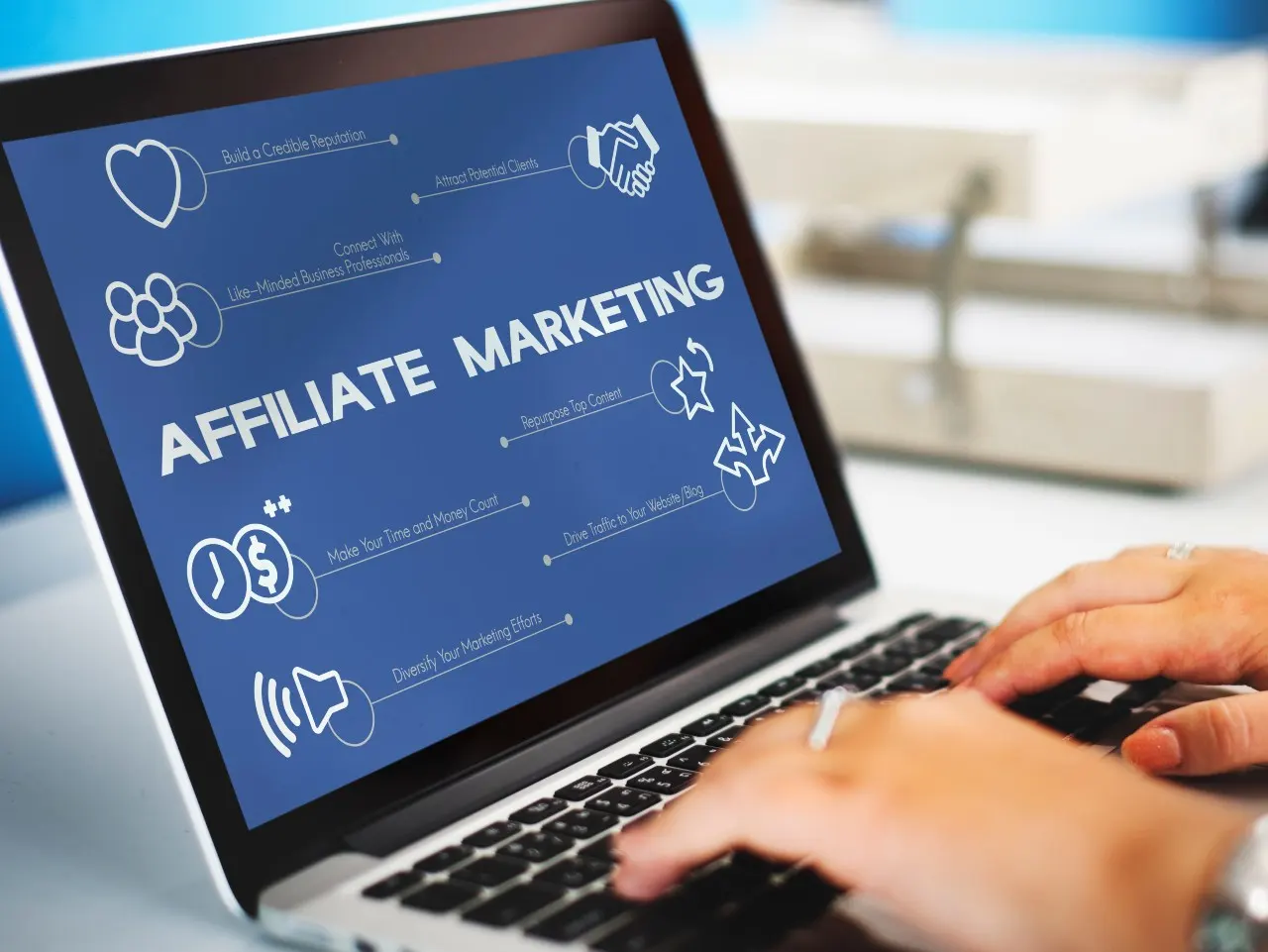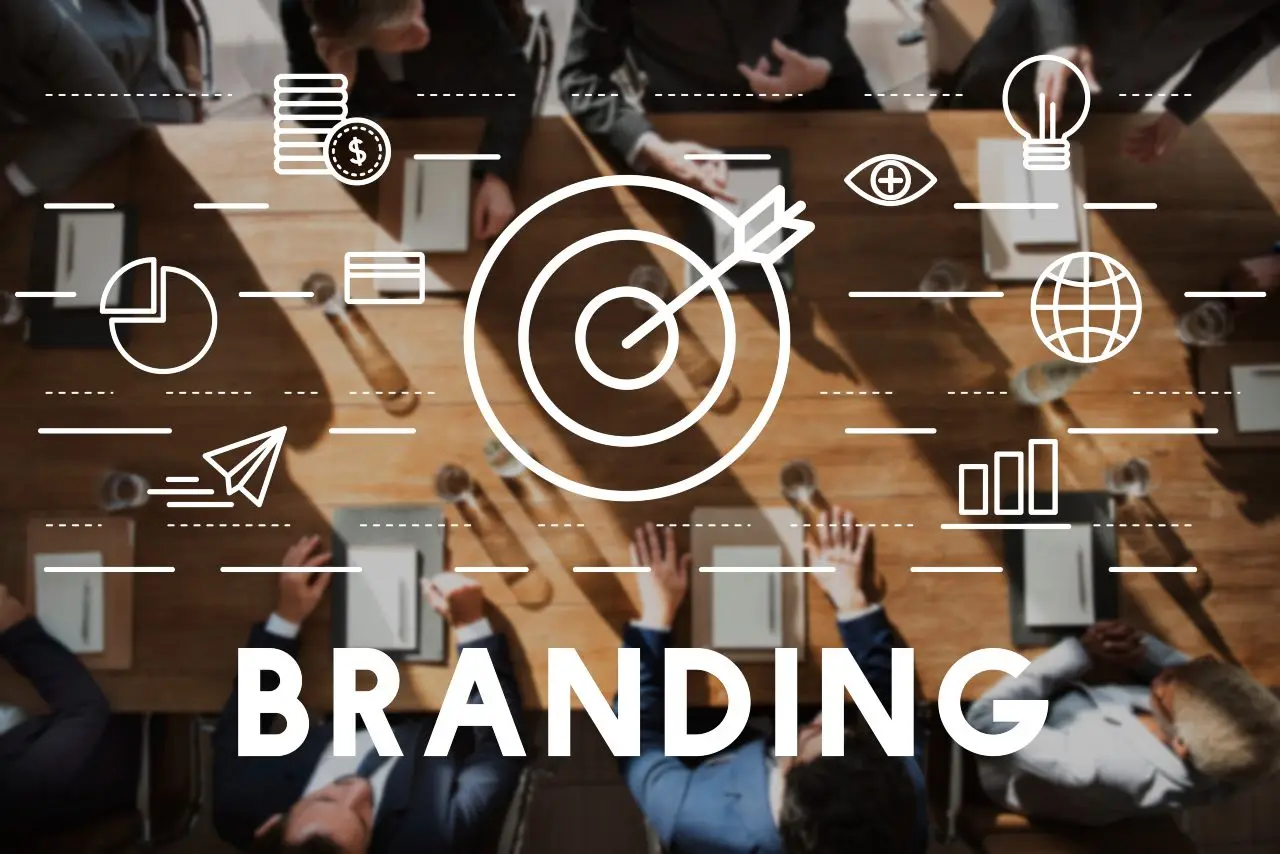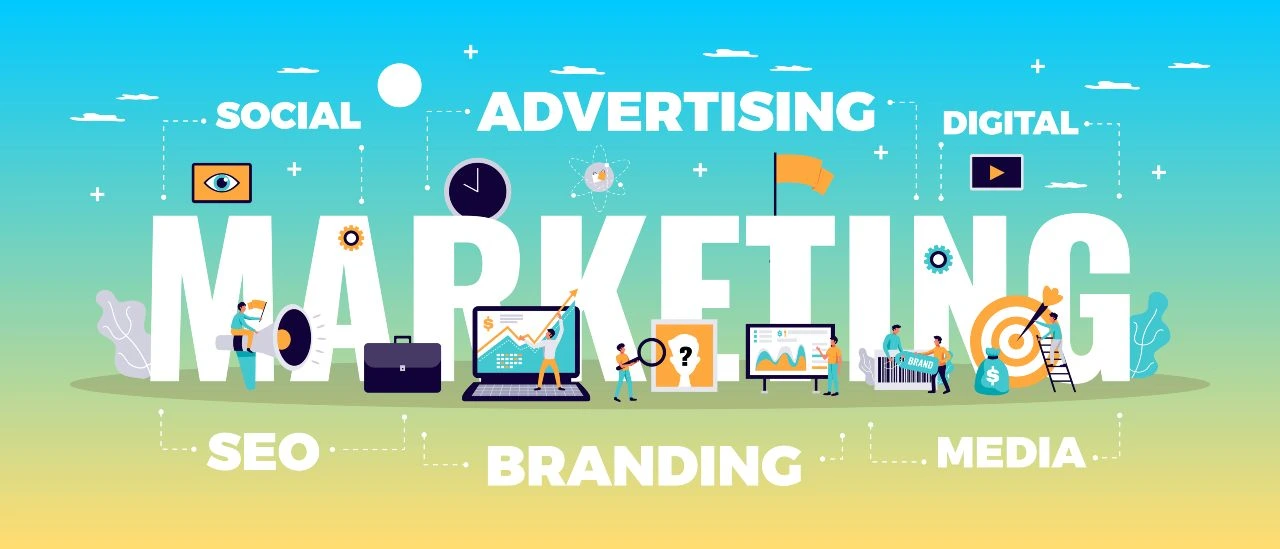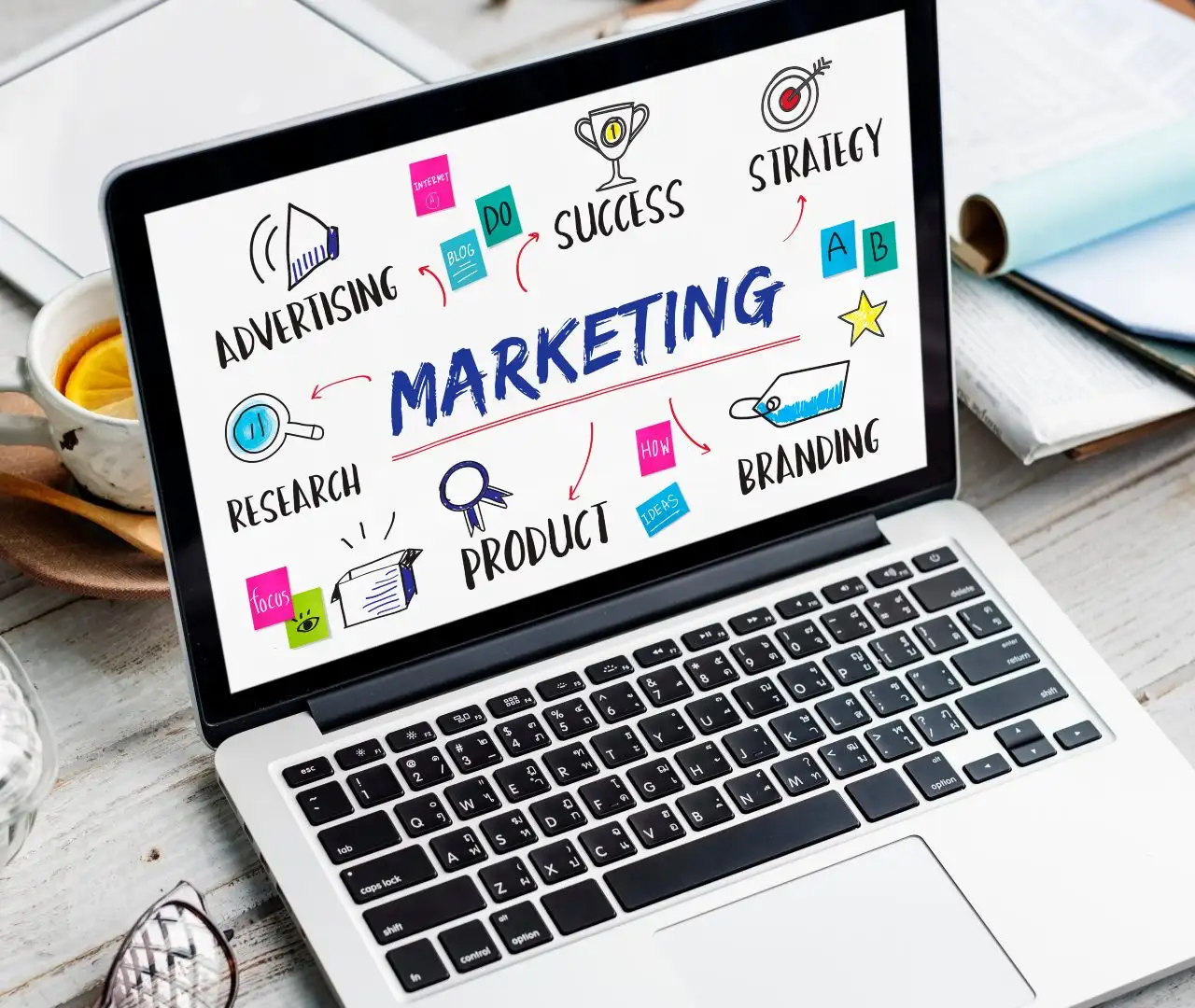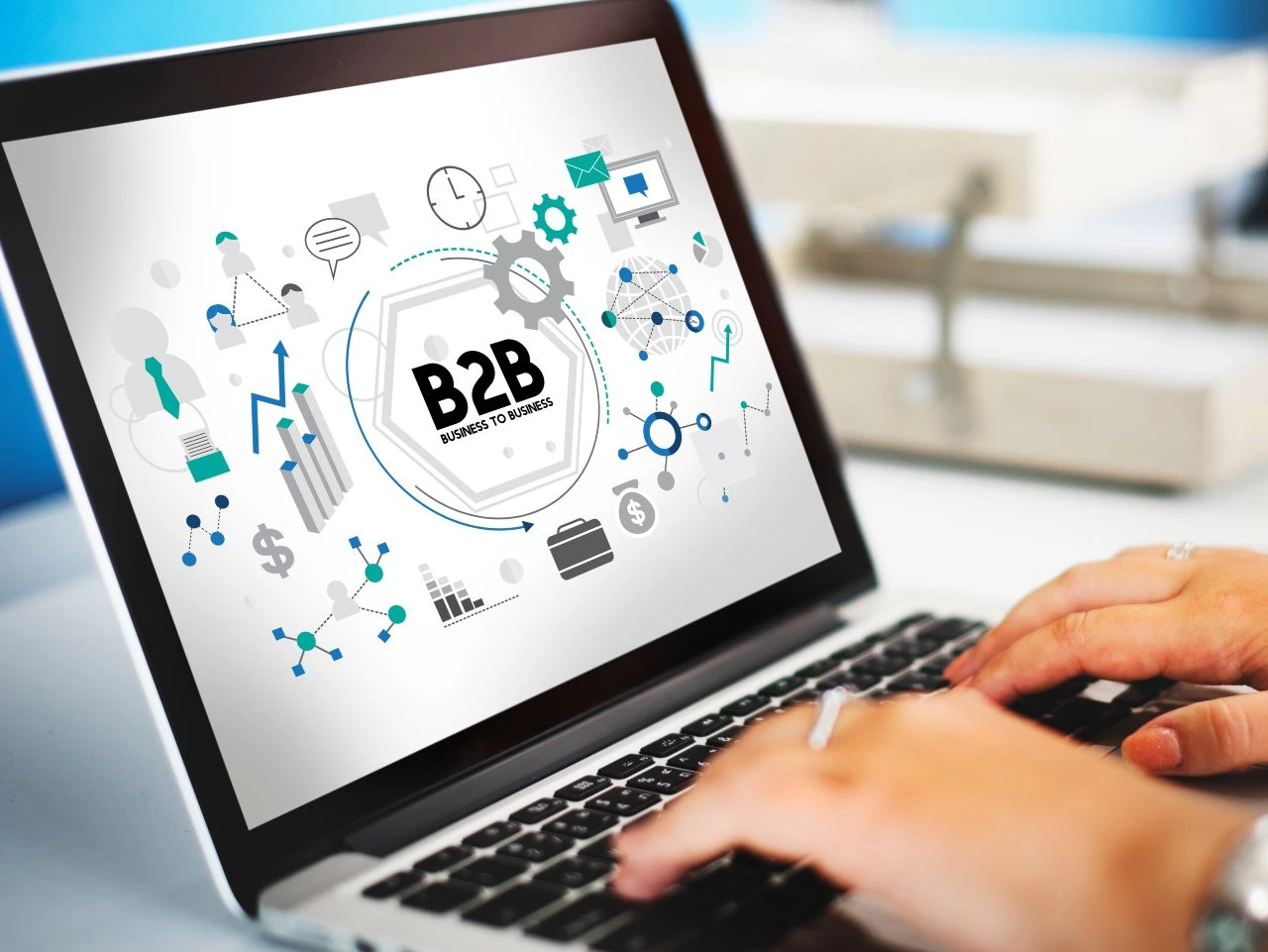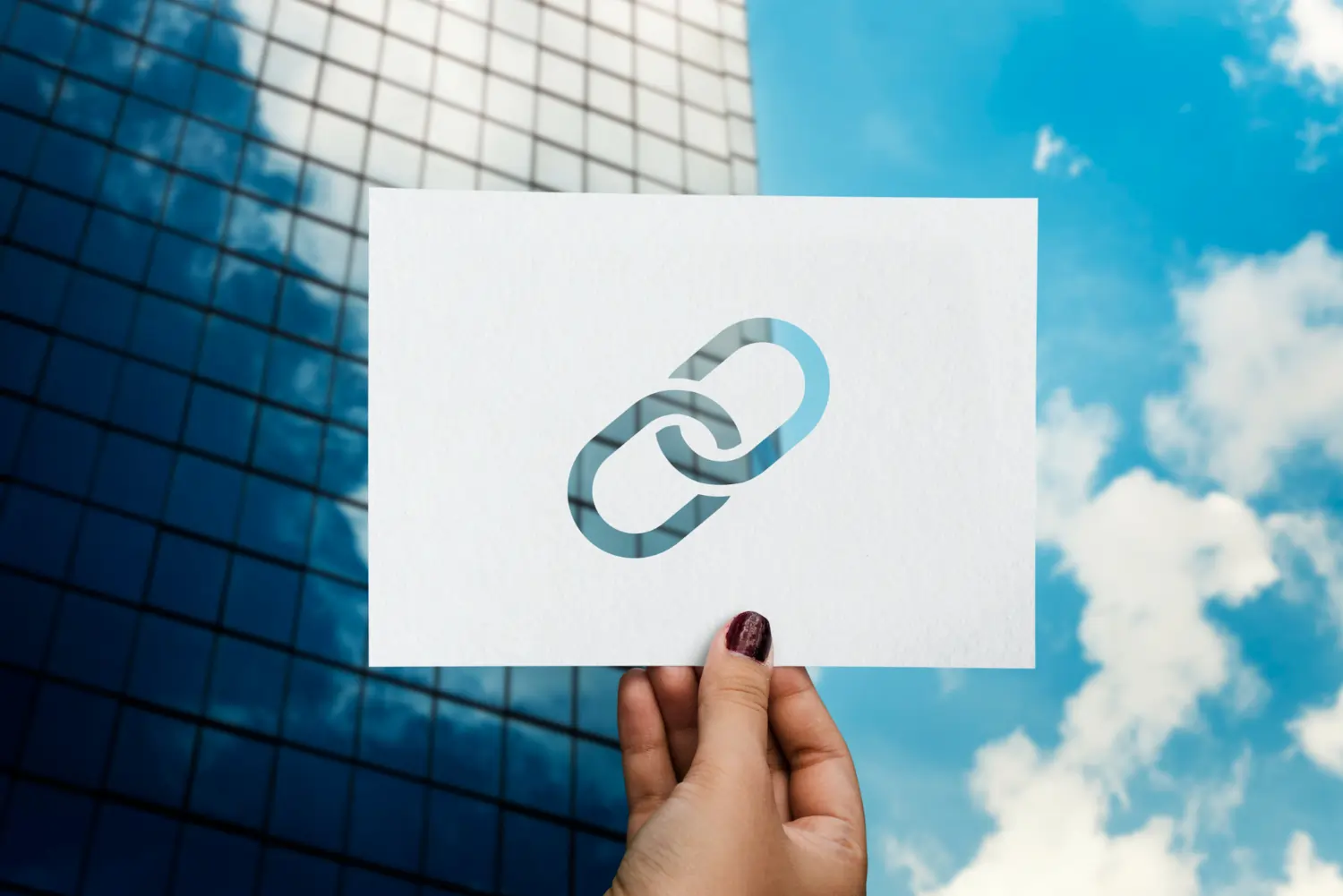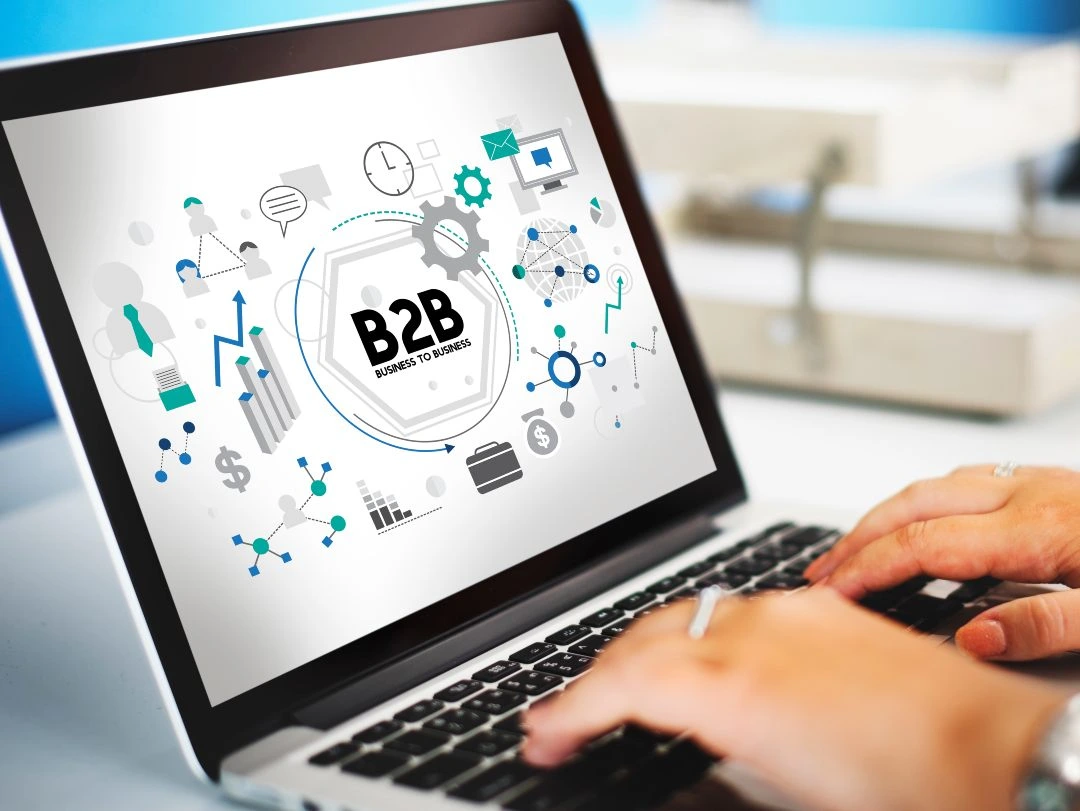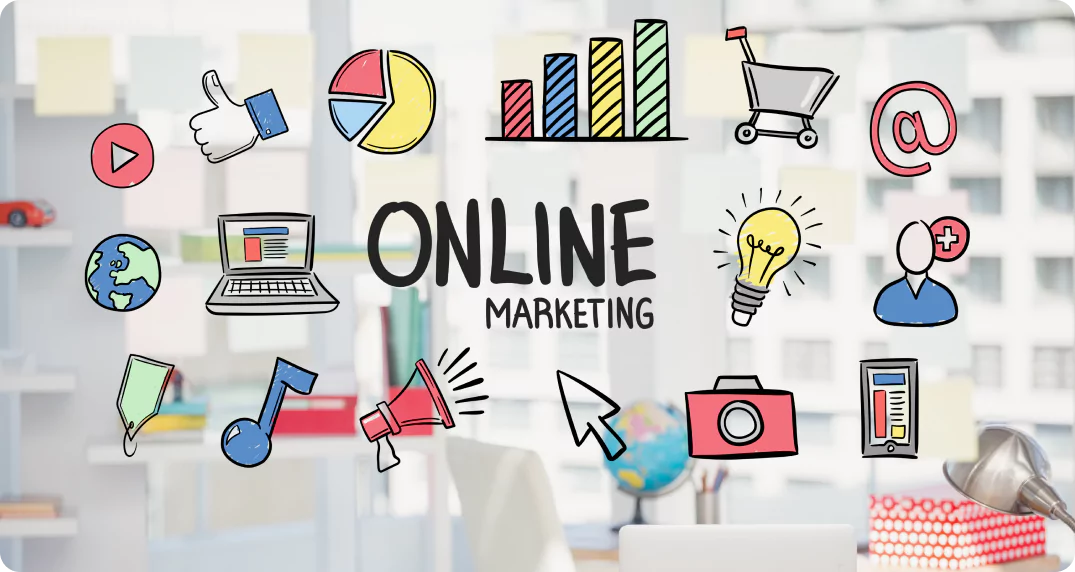Listen to article
Consumers are more aware than ever of their rights, and regulatory bodies are enforcing stricter guidelines to protect their information. For marketing agencies, this means adapting strategies to ensure not only effectiveness but also adherence to the latest standards in data protection for marketing. This article delves into essential trends shaping the future of privacy-first marketing, providing actionable insights to help agencies navigate this complex terrain with confidence and integrity.
AI in Personalization: Balancing Innovation With Responsibility
AI is reshaping marketing by turning raw data into finely-tuned, personalized customer journeys. Brands aren’t just responding to customer behavior—they’re anticipating it, delivering hyper-tailored experiences that make every user interaction feel bespoke. This predictive power is setting a new standard for engagement, but it’s also amplifying the need for ethical data stewardship as regulatory landscapes tighten.
-
AI-powered personalization is set to dominate mobile marketing, enabling brands to deliver content tailored to individual user preferences and behaviors. Source
-
AI enhances user experience by analyzing vast data to predict resonant content or offers, ensuring the right message is delivered at the right moment. Source
-
Predictive analytics are becoming a driving force behind hyper-personalized marketing, enabling AI to anticipate customer needs before they are even realized. Source
Today, AI-backed personalization is more than a competitive edge—it’s an expectation. But as these tools get sharper, businesses must tighten their focus on data ethics, consent, and transparency to secure long-term customer trust. As marketers shift to more privacy-centric strategies—such as post cookie marketing—the importance of balancing personalization with compliance will only continue to grow. Striking the right balance between innovation and responsibility ensures personalized marketing doesn’t cross the line into perceived intrusion.
Pro Tip:
Select AI solutions with robust built-in privacy controls and clear explainability features. This approach not only safeguards compliance but also reassures your audience that their data is in trustworthy hands—fueling both loyalty and results.
Navigating Data Privacy in a Cookie-Less Era
As third-party cookies fade from the marketing toolkit, brands face significant challenges—but also opportunities. The shift has jolted the industry to rethink how user data is gathered, shifting the emphasis toward truly consent-driven, first-party relationships. Those who adapt fastest by integrating AI and machine learning stand to outpace their competitors, delivering relevant experiences while building consumer trust.
- The elimination of third-party cookies is pushing companies to innovate new ways to personalize offerings and collect actionable user insights. Source
- Marketers now prioritize first-party data, leveraging surveys, customer feedback, and analytics gathered straight from their audiences instead of relying on trackers embedded across the web. Source
- Content marketing and email have resurfaced as central channels for capturing valuable first-party data, with their importance only increasing as cookies disappear. Source
- Personalized campaigns give marketers the ability to dial in on specific behaviors and preferences, ultimately driving better ROI. Source
- Machine learning and AI are rapidly enhancing audience profiling by piecing together meaningful customer data in real time. Source
- Google has re-framed Chrome’s third-party cookie deprecation as a user-consent issue, handing consumers more control over their data footprint. Source
Pro Tip:
Don’t just collect data—communicate transparently about how you use it. Offer clear value in exchange, and explore AI-powered consent management platforms to keep your marketing agile and compliant.
How AI and First-Party Data Are Transforming Privacy-Conscious Campaigns
With privacy regulations tightening and third-party tracking steadily fading into the background, forward-thinking marketers are finding opportunity in the challenge. Artificial intelligence has become a cornerstone of modern marketing, but the real differentiator lies in combining AI capabilities with the ethical stewardship of first-party data. Brands that succeed are those actively adapting—building trust with their audiences by centering privacy, all while unlocking smarter analytics and predictive power for campaign optimization.
- AI-powered platforms like the AUDIENCEX Intelligence (AXi) suite operate exclusively with consented, privacy-compliant datasets, delivering robust analytics while completely sidestepping personal data risks. Source
- Artificial intelligence streamlines personalization, analyzes customer behavior without relying on invasive methods, and automates the heavy lifting of campaign management. Source
- Real-time optimizations powered by AI not only enhance ROI but also anticipate user behaviors, keeping brands ahead of shifting consumer expectations. Source
- Google Ads leverages AI through tools like Performance Max, using keywordless targeting to discover new customer segments and deliver highly relevant ads, all while aligning with evolving privacy standards. Source
- Microsoft Advertising now offers generative AI features such as Conversational Ads and Copilot, allowing seamless, user-friendly ad experiences that respect user consent.
- The effectiveness of first-party data is on the rise, enabling platforms like Google’s Enhanced Conversions to refine bidding strategies and ensure marketers are reaching high-quality, relevant leads. Source, Source
What sets industry leaders apart isn’t just access to AI—it’s the ability to wield these technologies in tandem with a privacy-first philosophy. As cookie-reliant methods sunset and privacy becomes a competitive differentiator, marketers have an opening to foster deeper customer loyalty and outperform legacy strategies with data that’s both ethical and actionable.
Pro Tip:
Seek out AI solutions that are purpose-built for privacy: look for platforms whose analytics and targeting capabilities work seamlessly with your first-party data, not around it. Invest in robust processes for first-party data collection—such as interactive content, customer loyalty programs, and value-driven opt-in experiences—to strengthen your campaign effectiveness and future-proof your compliance.
Adapting Marketing Strategies to Data Privacy Shifts
Heightened consumer awareness around data privacy has put pressure on agencies to not just comply, but also actively champion transparency at every marketing touchpoint. Regulatory frameworks like GDPR and CCPA are no longer just compliance checkboxes—they’re now critical factors shaping the level of trust customers place in brands. The agencies that distinguish themselves in 2026 will be those who embed privacy-first strategies into the core of their operations, rather than viewing them as afterthoughts.
- Consumers are increasingly concerned about data privacy, and regulations such as GDPR and CCPA are influencing how marketers gather and utilize data. In 2025, a privacy-first approach to marketing will be essential, and brands that fail to prioritize data security risk losing consumer trust. Source
- B2B marketers in 2025 must prioritize data management, even with budget constraints, focusing on data quality, governance, predictive analytics, and integration due to rising privacy concerns, stricter data regulations, and the rise of generative AI. Source
- A survey by Cisco revealed that 81% of respondents believe an organization’s treatment of personal data reflects its view and respect for customers. Source
Pro Tip:
Go beyond basic legal compliance—offer customers clear, jargon-free explanations of how their data is used and provide easy ways to manage their privacy settings. Transparency doesn’t just avoid fines; it unlocks competitive advantage.
How Expanding Global Privacy Regulations Are Reshaping Marketing Strategies
Data privacy has ascended from a regulatory checkbox to a foundational pillar of customer trust and brand reputation. As countries and states accelerate the rollout of comprehensive privacy frameworks, marketing strategies are no longer just about clever messaging or sharp targeting—they’re about navigating a complex, fast-moving matrix of compliance expectations. Agencies that proactively adapt to these changes are the ones best positioned to win customer confidence and reduce exposure to costly legal pitfalls.
- Over 80% of the world’s population is now protected by some form of data privacy legislation, according to the International Association of Privacy Professionals (IAPP).
- The United States is tightening its approach, with eight new state privacy laws slated to redefine compliance requirements in 2025. Source
These sweeping regulatory advances are not just legal requirements—they signal a new era of consumer expectations around transparency, data collection, and user rights. Agencies that embed privacy-by-design into their daily operations will not only avoid penalties but also set themselves apart as brands that honor individual choice in a data-driven world.
Pro Tip:
Don’t wait for the next compliance deadline. Set up a regular cadence of privacy policy audits and partner closely with certified privacy professionals. This will ensure your marketing stack and data processes remain future-proof, even as global standards—and consumer attitudes—continue to shift.
Essential Timeframes: Responding to Data Access Requests
With global scrutiny on privacy rights intensifying, consumers are more conscious than ever about how brands handle their personal data. Clear response deadlines are no longer a formality—they’re a baseline expectation. Keeping pace with mandated timeframes not only ensures regulatory compliance but also signals a professional and trustworthy brand image to clients and end-users alike.
- Companies must provide an automated acknowledgment of data requests within 10 business days. Source
- The standard response timeframe for fulfilling data requests is 45 days, with the possibility of extending it by an additional 45 days under certain circumstances. Source
Tighter enforcement of data privacy standards means marketing agencies can’t afford to be reactive—the process for managing access requests has to be proactive, organized, and transparent. Demonstrating promptness not only satisfies legal obligations, but can also enhance client relationships and strengthen your agency’s reputation for data stewardship.
Pro Tip:
Leverage workflow automation tools tailored for privacy management. These platforms can help you systematically log, track, and resolve all incoming data requests so nothing falls through the cracks and your team always meets regulatory deadlines.
The Real-World Impact of Data Privacy Violations on Agency Budgets
As privacy laws tighten and regulators sharpen their focus, marketing agencies are discovering that data mishandling isn’t just a theoretical risk—it’s a concrete threat to profitability and client trust. Penalties for non-compliance are designed to be felt, ranging from hefty one-off fines to cumulative violations that can devastate budgets overnight. Ignoring even a single compliance misstep can lead to financial blowback that far outweighs the cost of prevention.
- A missed opt-out request led to a staggering $345,178 penalty after just 40 days due to ongoing infrastructure failures. Source
- Agencies face fines up to $7,500 per violation for intentional breaches; unintentional lapses can still carry a $2,500 fine each. Source
- Typical violations can amount to $2,500–$7,988 for every infraction, all adding up fast for recurring issues. Source
- When children’s data is breached, expect penalties to triple, underscoring regulators’ focus on protecting minors. Source
- Major regulations can impose global fines up to 20 million euros—or 4% of annual global turnover, whichever is greater, putting even large agencies at significant financial risk. Source
These numbers make it clear: agencies face a double jeopardy of steep fines and lasting reputational damage if they overlook compliance. With enforcement ramping up across all major markets, agencies can’t afford to treat privacy as a box-ticking exercise. Proactive investment in compliance—through rigorous audits, strong vendor due diligence, and frequent employee training—not only mitigates legal risk but sets agencies apart as trustworthy data stewards.
Pro Tip:
Go beyond just updating policies. Incorporate regular data mapping and real-time monitoring tools into your compliance workflow, so you can spot potential violations before they escalate into costly breaches. Empower your team with scenario-based training to keep data protection top of mind throughout every project cycle.
Navigating CCPA/CPRA Regulatory Boundaries for Agencies
For marketing agencies working with data at scale, the latest CCPA and CPRA thresholds are more than just compliance milestones—they act as make-or-break markers for how you structure client relationships, campaigns, and even business models. As California tightens requirements, and other states follow suit, the pressure is on for agencies to proactively monitor their data footprint and revenue sources rather than waiting for a regulatory wake-up call.
- The CCPA/CPRA impacts businesses processing the personal information of 100,000 or more California residents in a year. Source
- Agencies must comply if their annual gross revenue exceeds $26,625,000 (as updated for 2025). Source
- If 50% or more of annual revenue comes from selling or sharing California residents’ personal data, the CCPA/CPRA applies—regardless of company size. Source
- Starting January 1, 2025, stricter rules affect agencies controlling data for 100,000 residents, or as few as 25,000 if over half of revenue stems from data sales. Source
- The Virginia Consumer Data Protection Act (VCDPA) also targets businesses handling at least 100,000 consumers’ data or those earning more than 50% of revenue from data sales. Source
The bottom line: These thresholds aren’t simply legal tripwires—they’re a catalyst for greater transparency and ethical data stewardship across your agency’s operations. Agencies that build compliance directly into their growth plans will not only sidestep fines and reputational fallout, but also foster client trust and differentiate themselves in a crowded, privacy-conscious market.
Adopting a robust compliance framework is now fundamental for agencies, particularly those looking to support enterprise brands or expand into new regions. With shifts in data privacy compliance and advertising technology—especially as we move further into a post cookie marketing era—agencies must integrate transparent, adaptive solutions into their digital strategy from the ground up.
Pro Tip:
Don’t rely on annual check-ins. Implement real-time analytics and compliance monitoring to catch threshold breaches before they become costly liabilities. Modern privacy management tools can automate alerts when you approach critical limits, ensuring your team stays ahead of evolving laws and avoids surprises.
Unlocking Privacy-Smart Personalization with Marketing Automation + CRM
With rising consumer expectations for timely, relevant experiences, agencies face the challenge of balancing seamless personalization with strict data privacy requirements. Strategic integration of marketing automation platforms with CRM systems is fast becoming the linchpin for privacy-respecting, omnichannel personalization. By connecting these systems, marketers can tap into unified customer profiles and segmentation to craft highly targeted journeys, without crossing privacy boundaries.
- The real advantage of omnichannel strategy lies in robust integrations—evaluate which platforms seamlessly connect with your current stack, and leverage every available channel for a uniform customer journey. Source
- Segments created within marketing automation tools can inform website personalization, enabling individualized web experiences that adapt content to each visitor’s unique context and preferences. Source
As privacy regulations tighten, investing in sophisticated integration between your marketing automation and CRM platforms ensures that personalization and compliance go hand in hand. This not only boosts campaign effectiveness but also builds trust through responsible data handling—an increasingly strong brand differentiator.
Pro Tip:
Build a quarterly review process where your team examines all marketing-tech integrations for privacy compliance and personalization performance. Use this as an opportunity to sunset redundant tools, adapt to new regulations, and experiment with new segmentation models that respect user preferences.
Why Values-Driven Campaigns Are Shaping Modern Marketing Strategy
As consumers scrutinize brand behavior more closely than ever, marketing effectiveness is tied not just to messaging but to meaningful action. Issues like sustainability, ethical sourcing, and transparent data practices aren’t afterthoughts—they’re becoming key decision drivers. Brands who communicate purpose and uphold their stated values are able to seize loyalty in a marketplace where trust comes at a premium.
-
Shoppers are holding brands to a higher standard, with sustainability now a deciding factor that steers purchasing—even prompting consumers to pay more or switch brands to support ethical choices. Source, Source
-
Purpose-driven campaigns, focused on shared values and demonstrated commitments to positive change, are forecasted to become central to brand marketing efforts. Source, Source
As privacy regulations tighten and digital transparency rises, simply claiming to care about social or environmental impact falls flat without action—especially when it comes to how customer data is handled. Brands that weave authenticity into every touchpoint, from privacy policy to product packaging, position themselves as allies in consumers’ values-driven journeys.
Pro Tip:
Don’t just publish a values statement—show how your company puts those principles into practice. Regularly update customers on your progress toward sustainability and data privacy goals to turn intentions into real trust.
Conclusion
As the marketing landscape continues to evolve, staying ahead in data privacy compliance is both a challenge and a necessity for businesses. The shift toward AI-driven personalization, the adoption of first-party data strategies, and the integration of privacy-compliant marketing automation tools are not just trends—they are the building blocks for future-proof marketing. These innovations enable advertisers to deliver highly personalized experiences while respecting consumer rights and adhering to stringent regulations.
However, with the rise of global data privacy laws and increasing consumer expectations for transparency, compliance needs to be more than a checkbox—it must become a core component of your marketing strategy. From navigating the decline of third-party cookies to leveraging AI in privacy-friendly ways, marketers must balance personalization with ethical responsibility to preserve trust and loyalty.
Remaining compliant doesn’t just mitigate the risks of fines and reputational damage; it positions your business as a trustworthy leader in a privacy-conscious world. Ready to boost your traffic and grow your website? Your customers are looking for you, and our SEO services can help you be found across search engines. Let’s build a future where data privacy and marketing success go hand in hand.
Note: This blog’s images are sourced from Freepik.









